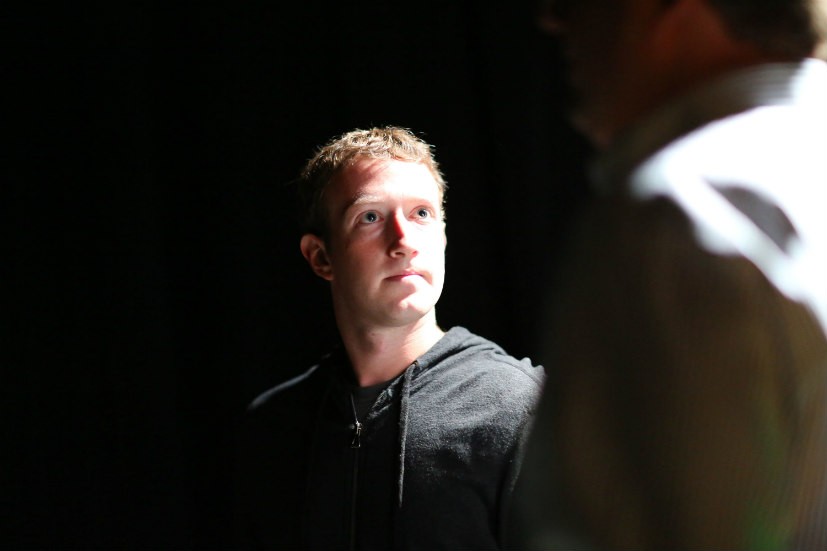Chris Wylie, former head of research at Cambridge Analytica made an explosive revelation: “We used Facebook to obtain millions of profiles. We formed the base on which the entire company was built.”
The US-based analytics firm has accessed personal data from more than 50 million Facebook users without consent, to build a system that would target American voters with personalised news items, advertisements and endorsements and eventually influence their votes. Former employees of the firm have confessed to doctoring sex scandals, news and using unethical means to swing votes.
The scandal has gone beyond American shores – multiple reports of elections in India and the Brexit referendum being influenced by Cambridge Analytica’s online overtures have been doing the rounds.
Following these revelations, Facebook’s shares have been wiped out by US$60bn already, especially after the #deletefacebook movement online started gaining momentum. What was particularly indicting was a tweet by WhatsApp cofounder Brian Acton that simply said ‘It is time. #deletefacebook.’ Shortly after, Tesla founder Elon Musk decided to remove the Facebook profiles of his two major companies – SpaceX and Tesla.
A survey conducted by the anonymous app Blind revealed the following data:
- 50% of Microsoft employees said they will delete Facebook
- 46% of Snapchat employees said they would delete Facebook
- 40% of Uber employees said they would delete Facebook
- 38% of Google employees said they would delete Facebook
- 34% of Amazon employees said they would delete Facebook
- Two percent of Facebook employees said they would delete Facebook
Polish money exchange Cinkciarz and its brand for foreign markets Conotoxia joined the #deletefacebook movement. “I decided to remove all of our company accounts on Facebook,” informed Marcin Pioro, Cinkciarz CEO, and the founder and owner of the Conotoxia Holding Group.
“User trust and reputation are the most valuable things a social network can have and can lose. It is not only the number of active users that counts but also the company’s reputation. We share sensitive, often very personal data (ours and our relatives) with social media. If there are justified concerns that information about users is being leaked, then our trust in these institutions will decrease, and, therefore, the value of specific companies is also reduced,” adds Marcin Lipka, senior analyst at Conotoxia.
“Facebook owes its rapid financial development to a huge database of users. If the number of users decreases or investors realize that there is risk of people turning against Facebook, it may result in a lower valuation of shares. In such a scenario, the loss of users may also lead to a lower company valuation. Since the uncertainties related to the privacy of user data occurred, the company has lost almost one-seventh of its market value,” added Bartosz Grejner, analyst at Conotoxia.

